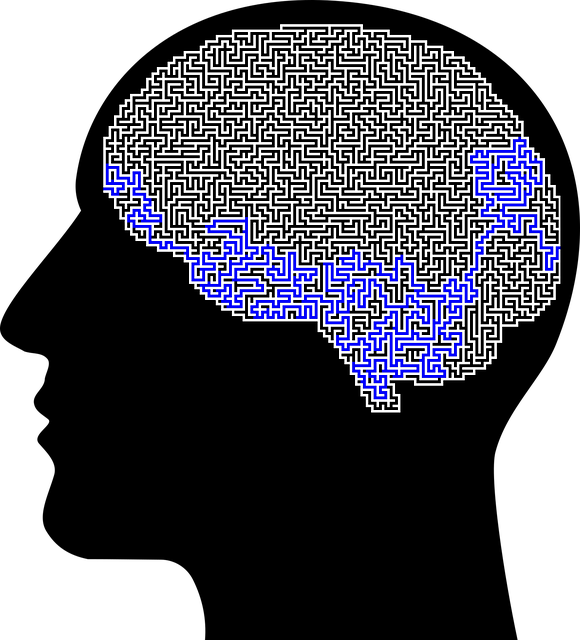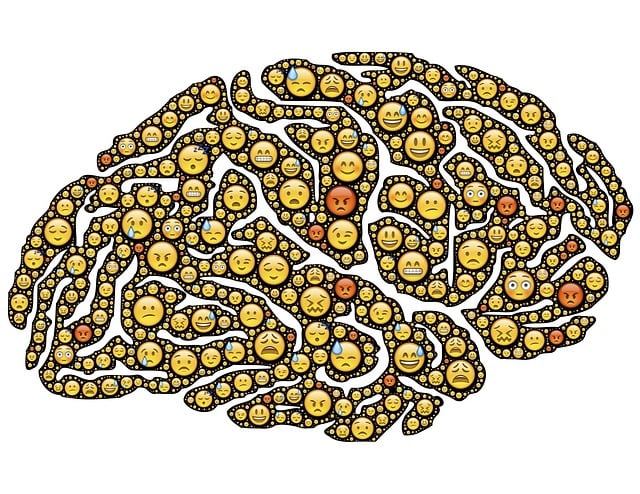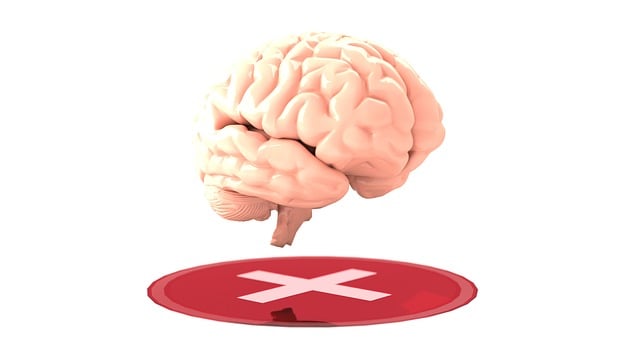Lafayette Geriatrics Therapy tackles substance abuse holistically, addressing genetic predispositions, environmental factors, mental health, and personal experiences through evidence-based practices like Mind Over Matter and self-esteem improvement. They recognize the link between addiction and co-occurring mental health issues, offering tailored strategies for trigger identification, coping mechanism development, and open communication. By combining cognitive behavioral therapy, healthy lifestyle choices, and mindfulness techniques, Lafayette Geriatrics Therapy equips individuals with tools for long-term recovery and improved well-being.
Substance abuse poses significant risks, impacting individuals’ physical and mental health, relationships, and overall well-being. Understanding these dangers is crucial for effective risk reduction. This article explores comprehensive strategies to combat substance abuse, focusing on Lafayette Geriatrics Therapy as a pioneering approach. We delve into practical methods for prevention and mitigation, empowering readers with knowledge to protect themselves and their loved ones. By understanding the impacts and adopting evidence-based practices, we can navigate the path to a healthier future.
- Understanding Substance Abuse Risks and Their Impact
- Lafayette Geriatrics Therapy: A Comprehensive Approach to Risk Reduction
- Practical Strategies for Preventing and Mitigating Substance Abuse
Understanding Substance Abuse Risks and Their Impact

Substance abuse is a complex issue with far-reaching consequences, impacting individuals across all demographics. Understanding the risks associated with substance misuse is a crucial first step in prevention and treatment. Lafayette Geriatrics Therapy emphasizes that each person’s journey is unique, influenced by a combination of genetic predisposition, environmental factors, mental health, and personal experiences. Recognizing these underlying risks can help foster empathy and informed strategies for intervention.
The impact of substance abuse extends beyond the individual, affecting families, communities, and society at large. It can lead to physical health issues, cognitive impairments, and social isolation. By implementing evidence-based practices such as Mind Over Matter principles and building resilience through self-esteem improvement, Lafayette Geriatrics Therapy aims to address these risks head-on. These strategies not only empower individuals but also create a supportive environment conducive to long-term recovery and well-being.
Lafayette Geriatrics Therapy: A Comprehensive Approach to Risk Reduction

Lafayette Geriatrics Therapy offers a comprehensive approach to risk reduction for substance abuse, recognizing that addressing underlying mental health issues is key. Many individuals struggling with substance misuse also deal with co-occurring mental illnesses, such as depression or anxiety, which can exacerbate their addiction and make recovery more challenging. Therefore, Lafayette Geriatrics Therapy integrates evidence-based practices tailored to each individual’s unique needs. This holistic treatment includes Self-Awareness Exercises to help patients recognize triggers and develop coping mechanisms, along with Communication Strategies that foster open dialogue about challenges and promote a supportive environment. By combining these approaches, Lafayette Geriatrics Therapy aims to not only reduce the risk of substance abuse but also to empower individuals with the tools necessary for lasting recovery and improved mental well-being.
Practical Strategies for Preventing and Mitigating Substance Abuse

Preventing and mitigating substance abuse requires a multifaceted approach, with practical strategies that can be implemented at various levels. For individuals seeking to avoid or overcome substance abuse issues, Lafayette Geriatrics Therapy offers specialized support tailored to unique needs. This includes evidence-based practices such as cognitive behavioral therapy (CBT), which helps in identifying and changing negative thought patterns and behaviors associated with substance abuse.
Additionally, promoting healthy mood management techniques, positive thinking, and resilience building can significantly reduce the risk of turning to substances for coping. Engaging in regular physical activity, maintaining a balanced diet, and practicing mindfulness or meditation are some effective ways to enhance emotional well-being. These strategies not only foster personal growth but also provide healthier alternatives to manage stress and difficult emotions, thereby reducing the likelihood of substance abuse.
In light of the above discussions, it’s evident that a multi-faceted approach is crucial in mitigating substance abuse risks. While understanding the complexities of these issues is vital, practical strategies like those offered by Lafayette Geriatrics Therapy play an indispensable role. By combining comprehensive therapy with tailored risk reduction techniques, individuals can navigate their challenges effectively and lead healthier lives. Remember that early intervention and continuous support are key to preventing substance abuse from becoming a persistent struggle.














